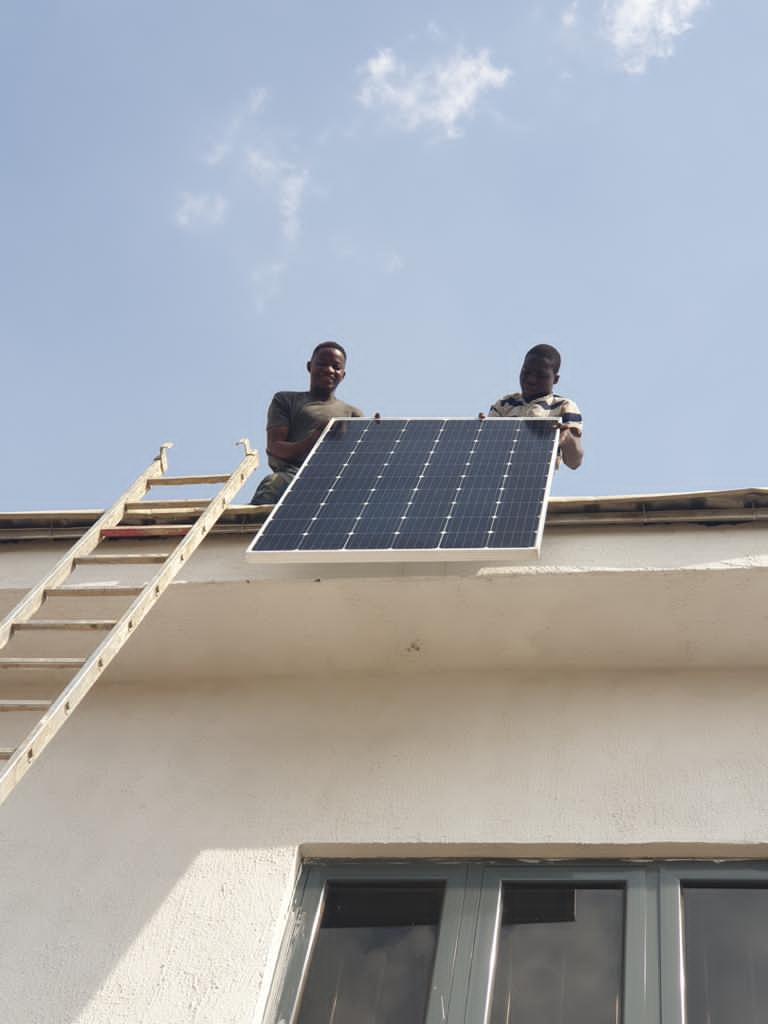The biannual Global Off-Grid Lighting Association (GOGLA) Forum is always an exciting mix of trade show, reunion, and discussions on the state of the sector. For me, it’s a benchmark of how much the sector has grown and what the current challenges and opportunities are. The challenges are clear – off-grid solar is a risky business. Even without the headwinds of COVID, inflation, and supply chain disruptions, it would still be difficult to reliably and responsibly serve households who have limited ability to pay for energy services, no matter how essential. As usual though, I left the forum optimistic. That’s not just me cheerleading a sector I’ve spent nearly 20 years in now. I truly do believe that there are good things on the horizon for energy access. For the first time I heard much more discussion of two things I think are essential to the sustainable growth of the sector: consolidation and diversification.
Consolidation in the sector to date has primarily meant the acquisition of companies that are in or approaching distress. This doesn’t sound like a good thing, but for customers it certainly is. Another company stepping in and ensuring those households continue to be served is very positive. But that’s not the only type of consolidation I heard being discussed. The proactive acquisition of smaller companies to gain market share seems to be on the table now and that is very positive. It’s especially exciting for smaller, local companies who are best positioned to serve their region, but may not have the interest or the resources to build a multinational company. Being acquired by a larger company would benefit them given the financial security that provides, but it also benefits the larger company, who now has a trusted distributor who knows their home market best. This trend should also open the door for increased equity investments in smaller, local companies because there is a reasonable path to exit. Nithio is particularly focused on these smaller, local companies, but frequently reach a roadblock when the company is unable to find equity to match our debt–and we now see a potential path to overcome that challenge.

The other trend that seems to be spreading across the sector is diversification. Many companies already offer a range of energy products, but across the board there now seems to be interest in financing other appliances, mainly phones. Mobile phone handsets can be financed with lower overall cost and shorter tenors. They can be a market entry point for later financing of energy products, or really anything a household may need. I know there are some in the sector who are critical of this diversification, but I think it’s fantastic. For me, the development benefit of mobile phones is clear, but even without that, I would welcome this trend. As I said, this is a tough business. If diversification enables companies to remain in business to also sell energy systems, that’s a great outcome.
At Nithio, we are providing risk analytics and debt financing to a wide range of companies. Our model works with the companies who are serving regional last mile customers as well as the companies working across a dozen countries. Consolidation in my view is mutually beneficial to both ends of the market. More importantly, I think it both accelerates the number of people who will gain access and makes it more likely that remote households will be served. I also think diversification benefits customers, who not only have greater choice in what they can finance, but also have more security that the company providing their electricity system will continue to exist.
I’m not so naive to predict nothing but smooth sailing ahead, but I believe the off-grid energy sector is moving in the right direction. The experience through COVID proved the sector is extremely resilient and that energy is one of the most essential services for a household. If consolidation and diversification can help ensure continued sustainable growth, that’s in everyone’s interest.

-Kate Steel
Co-Founder and CEO
–

Recent Comments